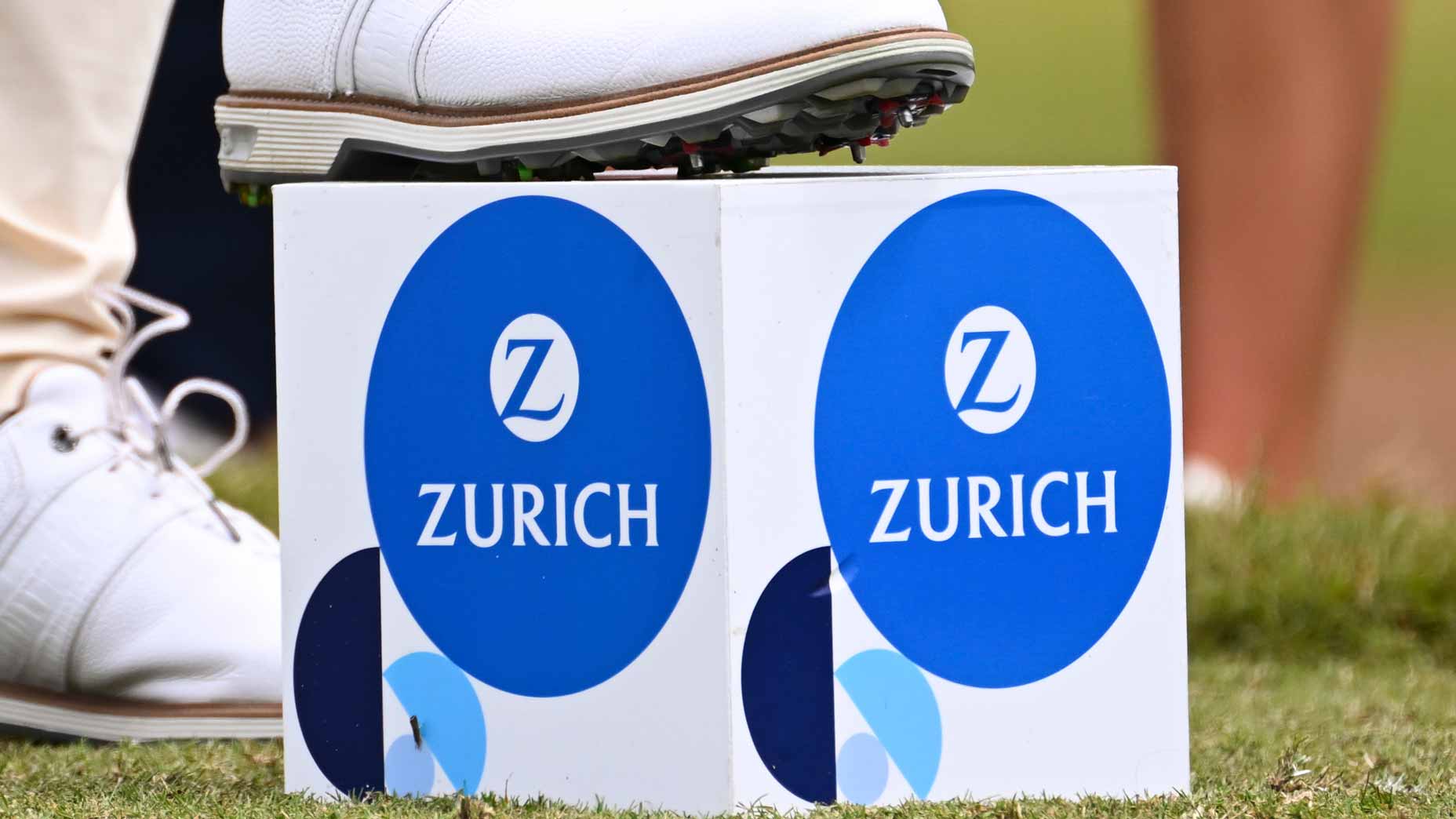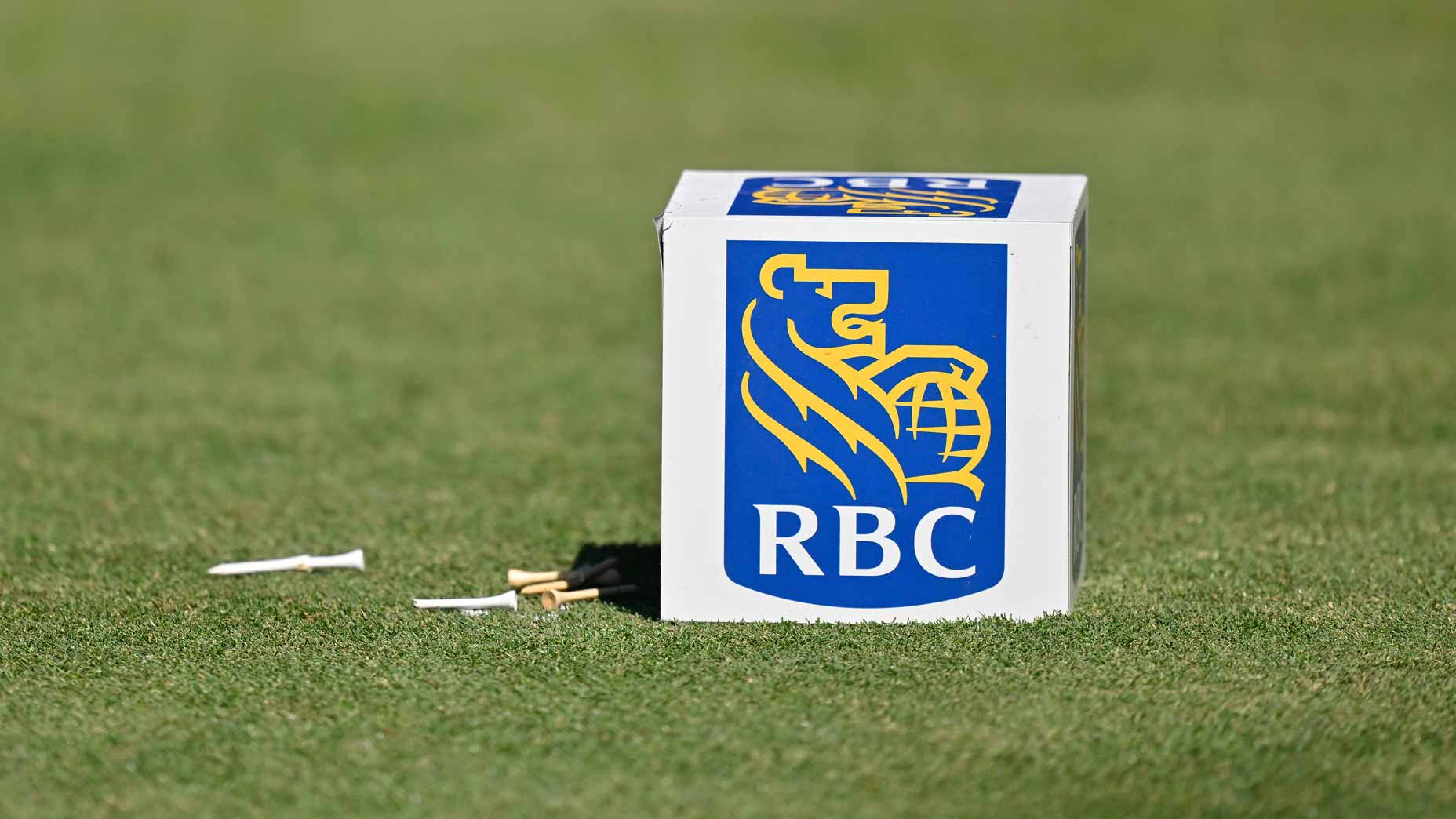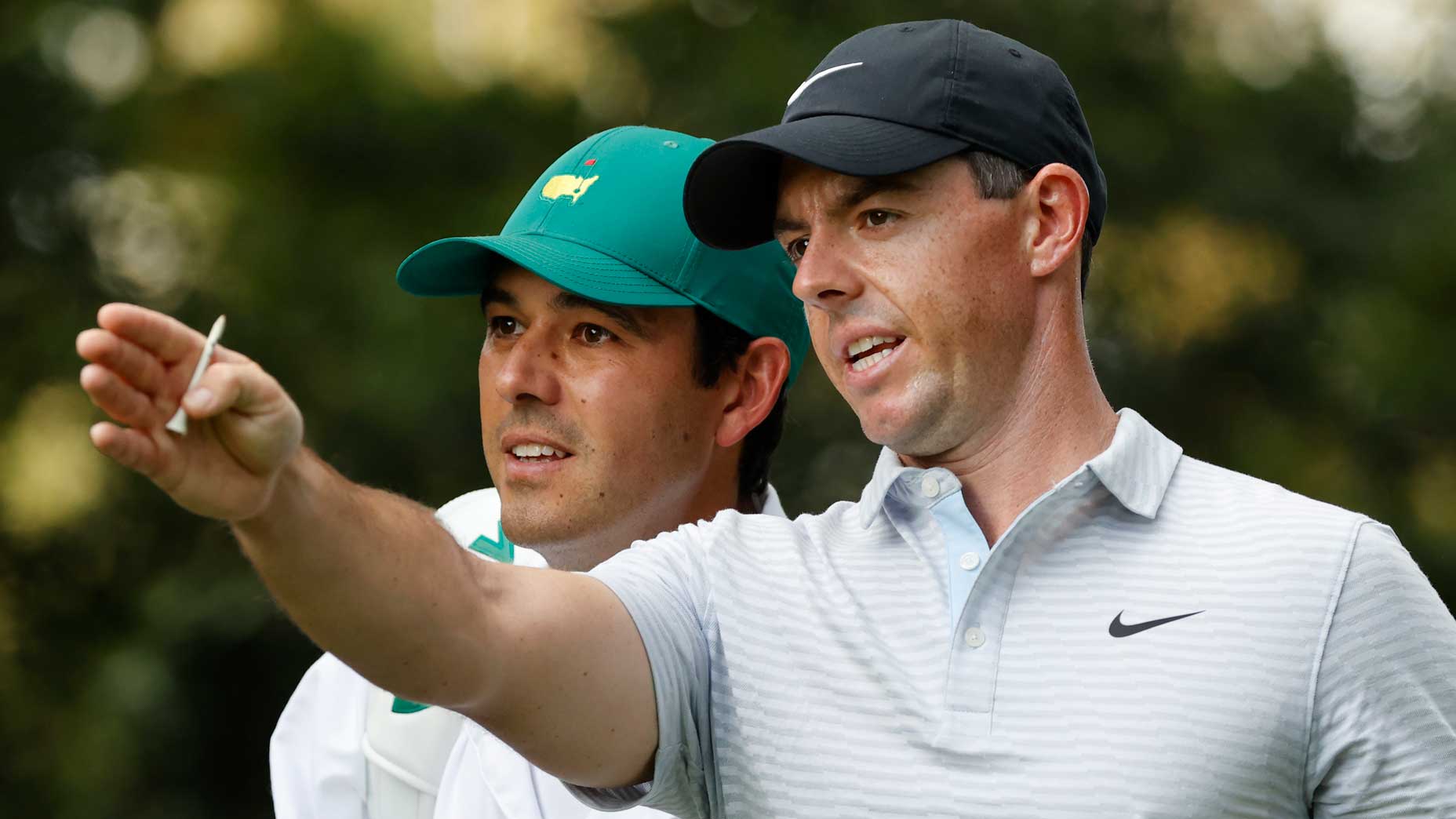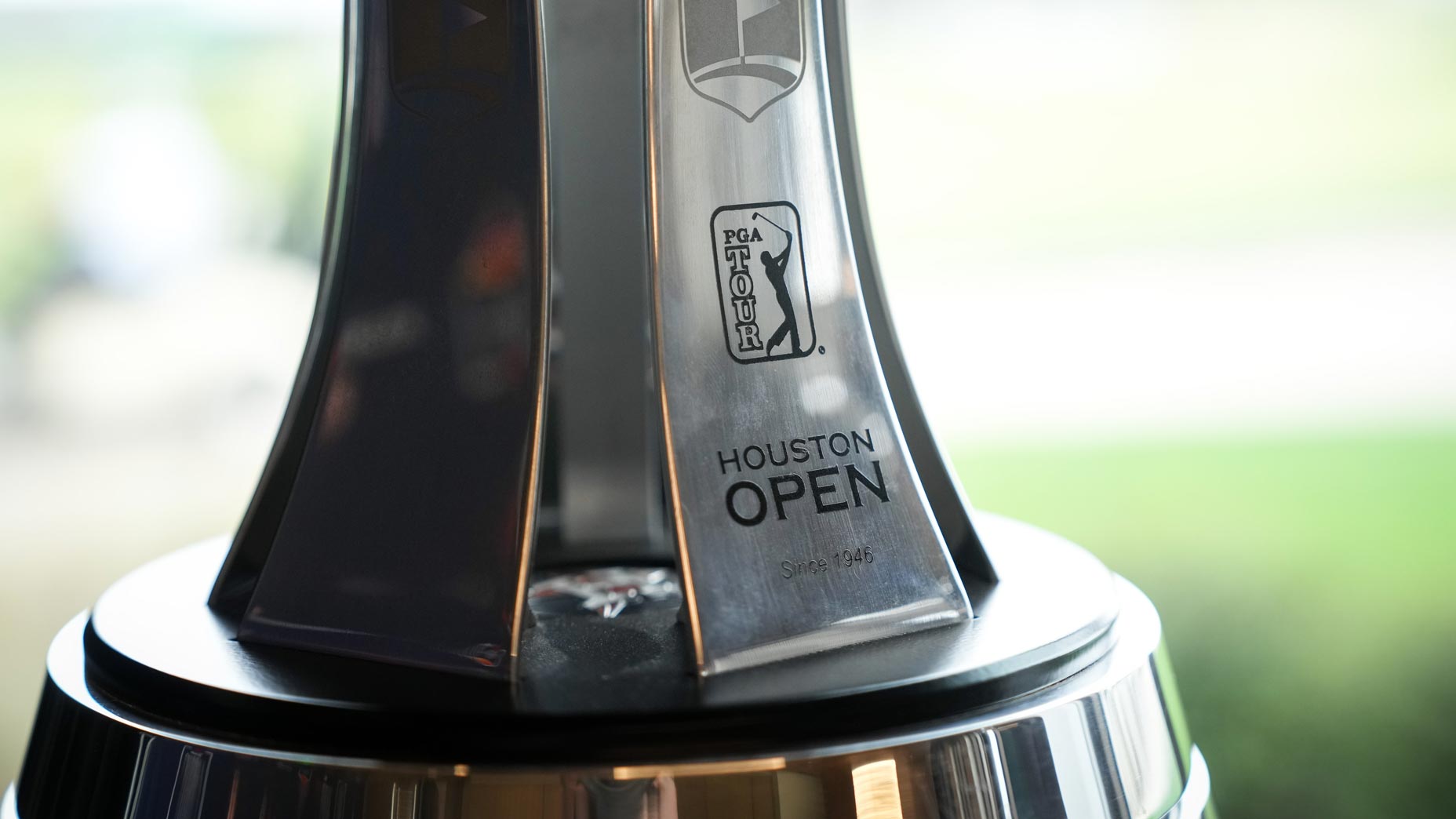GOLF.com conducts a weekly roundtable with writers from Sports Illustrated and GOLF Magazine. Check in every Sunday night for the unfiltered opinions of our writers and editors and join the conversation by tweeting us @golf_com.
1. The USGA and R&A jointly announced Monday that beginning Jan. 1 tournament officials will no longer field or consider call-ins from viewers as part of rules decisions. “The message we’re putting out to fans is, What you’ve seen, we’ve seen. Have confidence in us running the event,” said Thomas Pagel, USGA senior director of rules and amateur status. “Let the rules be handled inside the ropes between the players and officials.” Given there are countless examples of fans catching infractions that officials missed, are you OK with this new policy?
Josh Sens, contributing writer, GOLF Magazine (@JoshSens): Yes. As part of this, tournaments are going to have one or more officials specifically devoted to video review, so the idea is that anything we see at home, they’ll have seen as well. It simplifies things, and eliminates — in theory, anyway — those disastrous delayed rulings, like the kind we saw applied to DJ at the U.S. Open and to Lexi Thompson at the ANA. It should also resolve the sticky matter of some players being subjected to greater scrutiny than others. I understand the impulse to want to have as many eyeballs on events as possible, but viewer call-ins opened up a whole can of worms that weren’t worth it. I also understand that we’re living in the age of social media, when everyone feels like they should have a right to weigh in on everything, but in this case I’m happy to know that the masses will no longer have a say.
Alan Shipnuck, senior writer, Sports Illustrated (@AlanShipnuck): Given the endless screw-ups by various tournament officials through the years it’s hard to have any confidence in them, but oooo-kay. This does eliminate one of the things that non-golf fans use as a cudgel against the rest of us, which is the absurdity of an over-served dude on his couch potentially having a huge impact on the competition. So, just eliminating that blowback makes me feel fine about this decision.
Jeff Ritter, digital development editor, GOLF.com (@Jeff_Ritter): Exactly. The viewer call-in is an excellent way to pick a winner on America’s Got Talent, but it has no place in golf. Officiating mistakes happen in all sports — let’s just allow the officials on site to do their jobs the best they can. Phoned-in rules violations were always messy, inconsistent (since they only impacted players shown on TV) and a bad look. Good riddance.
Sean Zak, associate editor, GOLF.com (@Sean_Zak): I commend the confidence by the ruling bodies that they’ll see everything, but it’s not like they’ve shown an affinity for catching everything in a timely fashion. If they were already really good at this, that’s one thing…but they’re not.
John Wood, caddie for Matt Kuchar (@johnwould): I don’t have a complicated opinion here, it’s just the right call. This always amazed me anyhow: I’ve been caddying for 22 years now and feel like I’m pretty well connected out here, and if I saw an infraction on TV I wouldn’t have a clue who to call. How these guys can not only get the correct number but do it in a timely enough fashion to reach the officials I’ll never know. Golf rules are complicated enough to allow an outside agency influence with how they’re enforced.
Michael Bamberger, senior writer, Sports Illustrated: I agree, John — the rules are complicated, because the playing field is outdoors and so irregular. The more eyes on the players and their golf balls, the better the chances of the player turning in the most accurate scorecard he or she can. This move does not serve that goal. It does make life easier for tournament officials — Tell ’em we’re not home! — and Tiger Woods and many others who have struggled with the weirdness of a guy on his lounger calling in a rules violation. But it was a TV viewer who attempted to save Woods at the 2013 Masters from signing an incorrect scorecard. (It so happens the caller was a former rules official, but that’s a side note.) This change makes life easier for rules officials and makes golf sound like it is more in step with other sports, but it’s a step away from the very essence of the game, that the player has a desire to turn in a wholly accurate scorecard. The player should not want to get away with anything and should welcome people watching, the more the better. The underlying principle of golf’s rules is what Reagan used to say, Trust, but verify. At the TV compound at any Tour event there are a dozen or more screens showing live golf. If the officials are going to monitor the public broadcast, they should be monitoring that footage as well. The governing bodies are throwing in the towel here. They should have doubled-down on an education campaign.

2. The governing bodies also approved a new local rule, available Jan. 1, that eliminates the two-stroke penalty for filing an incorrect scorecard as a result of an infraction that a player was unaware of. “Any penalty for the original breach will still be applied,” Pagel said. “What we’re saying here is that that additional two-stroke penalty is really an unnecessary one.” Good call?
Sens: Also a good call. Let’s hope that any and all rules decisions will be made promptly enough that no player will ever be left in the dark again. There’s no reason for that to happen. And with officials specifically assigned to the task, I don’t suspect we’ll see that kind of lag anymore.
Shipnuck: Yeah, the two-stroke penalty always felt a little excessive on top of the other strokes. But maintaining the sanctity of the scorecard is paramount, and I fear that these two rules, taken together, might make tournament golfers slightly more cavalier, to use Brandel’s freighted phrase from a few years ago.
Ritter: The scorecard penalty always felt a little too punitive. I think the USGA went 2-for-2 this week.
Zak: It has had some great competition for the distinction, but this was the most obvious rule that needed changing. We want players to act in the moment and not second guess what might have, could have, maybe did, maybe didn’t happen six holes ago.
Wood: Common sense. Keep going, guys (USGA & R&A). Don’t stop now you’re on a roll.
Bamberger: There’s a built-in weakness to this new local rule because it diminishes the player’s responsibility to know. Now in those peculiar situations where you truly couldn’t know you were breaking a rule, that would be one thing. Your ball moves while you are throwing grass in the air, for instance. But under this local rule, the player has much less incentive to know the rules, know what’s going on with his or her ball, because if he or she gets called on it later, the player can say, I didn’t know. I don’t get it. The path here, with both these rules changes, is for the player to assume less responsibility. Golf is supposed to be about owning it.
3. According to The Guardian, Rory McIlroy will stick with his long-time friend Harry Diamond as his caddie for the 2018 season. Diamond also caddied for McIlroy at the end of last season after he split with J.P. Fitzgerald. Like this move?
Shipnuck: Sure, why not? Rory likes to keep things simple — the likes of Bones, with all of his data, would probably drive him crazy. Now that Rory is a married guy life on the road is, presumably, a lot more boring. Might as well have his best friend along to have some fun with.
Sens: Sure. I trust that Rory knows himself and his game well enough to have a good sense for whether his caddie is the right fit for him. If he feels good about it, that should be good enough for the rest of us.
Ritter: I trust Rory knows what he needs, but there’s something to be said for experience on the bag, especially at majors. When Dustin Johnson went through his travails earlier in his career (meltdowns at majors, Bunkergate, late for tee times) many wondered if he would have benefited from swapping out his brother, Austin, for a veteran bagman. All this is to say that Harry Diamond will probably be fine, but it’s not a slam-dunk. Also, are we sure that’s his real name?
Zak: Pretty sure Ritter has been skeptical of Diamond’s name for years now. Maybe keeping him in the spotlight will answer that question once and for all. I imagine this as some kind of don’t-rock-the-boat decision for Rory as he makes a more permanent one later in the year. And what’s there to lose? If all goes well with Mr. Diamond, Rory can always keep him.
Wood: I’m not surprised. I’m sure the stack of job applications on Rory’s desk was three feet tall and the interview line went around the block. I think Rory wants to hear Rory’s voice right now, meaning to keep the game as simple as possible, and I trust he knows what he’s doing.
Bamberger: What John says makes total sense. Rory wants a friendly face out there and a capable person, but he surely wants to figure out more things for himself. Spieth would be a lesser player that way. But McIlroy is not Spieth.

4. Speaking of McIlroy, he also announced his schedule for the beginning of the 2017-18 season, which includes U.S. stops at Pebble Beach and Riviera before playing for a third straight week at The Honda Classic. He’s also playing the Valspar and Bay Hill. What should we read into McIlroy’s aggressive schedule, on the back of his winless 2017?
Shipnuck: I like the ambition. He’ll have a blast at Pebble, playing with his dad, and it’s good scouting for the ‘19 U.S. Open. Interesting that Rory is ditching both WGCs – he doesn’t seem to enjoy the vagaries of the Match Play, but I think this is more about convenience, as he can drive to all three of those Florida events and not have to mess with Mexico City. (Though, for the record, it’s a spectacular city.)
Sens: What I read from this is not all that profound but sometimes a surface reading is enough. Rory has been MIA of late and he’s chomping at the bit to get back in the mix. As Tiger likes to say, he needs more reps.
Ritter: Sounds like major frequent flyer miles for Harry Diamond! But I see it as an indicator that Rory is healthy and ready to make amends for a relatively quiet ‘17.
Wood: I think it’s fantastic we will see so much of him before Augusta. Given the long break he’s taking now to rest his body and prepare for next year, I would think he wants to play a bunch of tournament golf to make sure he’s ready for the Masters.
Zak: I make absolutely nothing out of it, besides the idea that Rory at Pebble is mildly cool. Rory played the exact same number of pre-Masters events (seven) in 2016. He played six in 2014 and six in 2013. He very likely would have played six such events last year if he wasn’t hampered by injury. Not much to see here besides the soon-to-be No. 11 player in the world playing a couple of new courses.
Bamberger: It’s a good schedule. It has rhyme and reason to it. It has rhythm. I’d want to play those events.
5. On a recent GOLF.com podcast our Dylan Dethier investigated the state of American municipal courses, in particular the difficult budget-balancing question many communities face when deciding the fate of their muni(s). What’s your elevator pitch for the importance of munis to their towns or cities?
Shipnuck: It’s where the vast majority of all golfers congregate. Cities maintain soccer fields, tennis courts, basketball courts — it would be criminal not to serve their golfers.
Sens: Here I’ll dredge up a quote from long ago: “I hope to live to see the day when there are the crowds of municipal courses, as in Scotland, cropping up all over the world. It would help enormously in increasing the health, the virility and the prosperity of nations, and would do much to counteract discontent.” That was Alister MacKenzie, writing in 1933. I came across that quote while writing a story about the debate over the future of Sharp Park, a MacKenzie-designed muni just south of San Francisco, and it sums up the value of munis nicely. Here in the Bay Area, as elsewhere in the country, critics of municipal courses often point to the costs of running munis in their arguments for closing them down, as if profitably should really be the ruling factor in public programs. There are lots of public services that don’t make a lot of money, or even lose money. But we keep them around for the public good. It’s one of the reasons we pay taxes. Don’t even get me started on the need for additional government-funded health care. But in the meantime, let’s keep those government-funded golf courses going. It’s a small price to pay for the value they contribute to civic life.
Ritter: Munis are healthy — they’re good for the golfers, the communities and the game itself. Like Shipnuck mentioned, for many players, it’s the only game they know. We need more of them, not less.
Zak: I’ll cop out by saying it all depends on the location. The course we focused on was in Wisconsin, where the golf season can be five months one year and eight months the next. That’s just one example of how munis have ceilings that keep them from consistently flourishing. They have to do all they can to drum up events and excitement for visitors. Low prices isn’t enough, as Lakeshore Golf Course found out.
Bamberger: Here’s my elevator pitch: golf’s a great game, and it can improve the lives of many, by playing it, but working in it, or both. Inexpensive public golf is the best chance to bring golf to the most people, while preserving open space. You can’t beat it. (I grew up playing a village-owned course. I have a different, likely lesser, life without it.)
6. An Australian man cheated his company’s tracking device and played 140 rounds of golf before he was caught and fired from his job. All right, ‘fess up — what’s your most brazen shirking-work-for-golf story? (Note: Your bosses have agreed to grant you impunity in return for a truthful answer.)
Shipnuck: I don’t understand the question! Playing golf is our job. Right?
Bamberger: I sometimes play golf on my lunch break. My lunch breaks sometimes last three or four hours, depending on how many people I am lunching with.
Sens: I’m typing this on my iPhone from the back nine at my local muni. Does that count?
Ritter: Here’s a confession: At my first job out of undergrad, a small group of us quickly adopted the corporate lunch, where we’d slip out for nine holes in the middle of the day. It never came up in a yearly review, but “lunch” was probably my biggest strength as an employee. Seventeen years and several jobs later, some things never change.
Zak: It was a slow-burn. I planned a golf trip through Wisconsin last year just days before the Ryder Cup at Hazeltine. We pitched all the courses with a Let-Us-Play and We’ll-Film-a-Video-About-It ploy. It was genuine, and then someone lost all the footage, so we didn’t really end up doing much work and played some great courses in the process. Oops!






